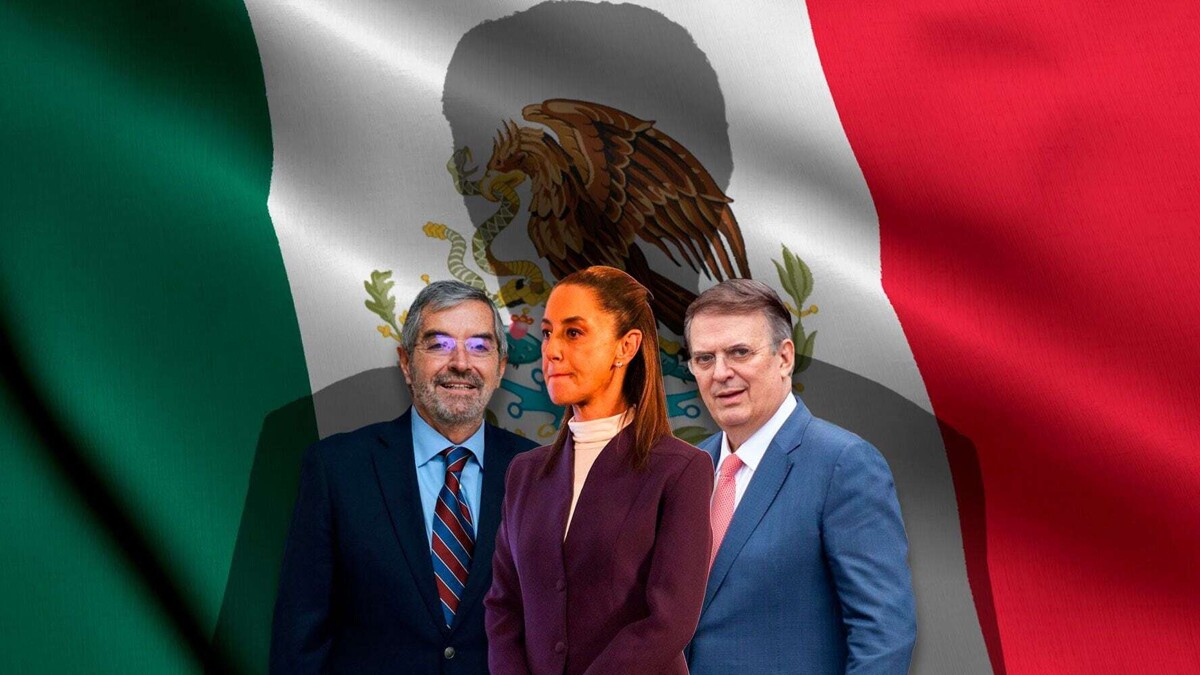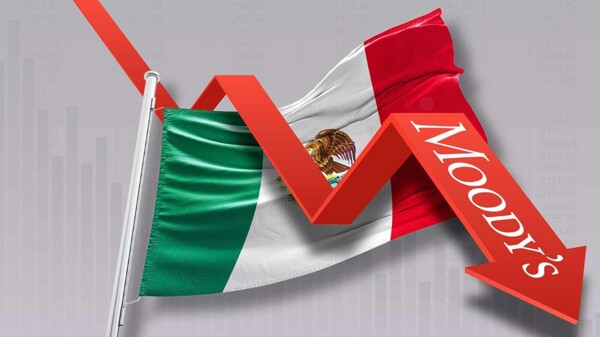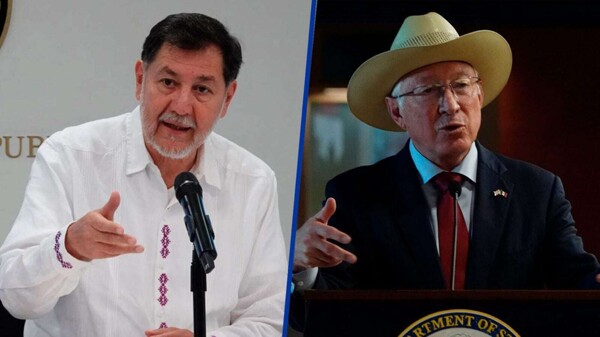
In the Mexican political environment, both among followers of the 4T and among opponents, there is a common desire for public officials, politicians, and businessmen in the country to unite in defense of the nation against the policies of the new U.S. government. Some advocate for a radical stance, similar to that of the child heroes, openly challenging the Trump administration.
In this context, extreme positions arise that propose to confront the U.S. government without hesitation, without yielding to its pressures. On the other hand, there are also those who advocate for negotiation and dialogue as ways to resolve conflicts with a neighboring country as powerful as the United States.
The inequality in the trade relationship between Mexico and the United States is evident, reflected in the fact that a large part of Mexican exports goes to U.S. territory, while imports are much lower in comparison. This asymmetry highlights Mexico's vulnerability in a potential trade or diplomatic confrontation.
The strategy to be followed by the Mexican government, led by Claudia Sheinbaum, is caught in the midst of pressures and conflicting opinions. While some advocate for a stance of resistance against the United States, others seek to follow a more conciliatory line, as was adopted at times by President López Obrador.
In light of the uncertainty generated by the policies expected from the Trump administration, especially on immigration and trade matters, there is a need to prepare for negotiation with a leader who has shown a preference for confrontation over complacency.
In this scenario, emphasis is placed on the importance of finding a balance between firmness and flexibility in negotiations with the United States, taking into account the risks involved in confronting such a powerful neighbor. The complexity of the bilateral relationship demands an intelligent and sensitive strategy capable of protecting Mexico's interests without falling into confrontations that could be detrimental to the country.














